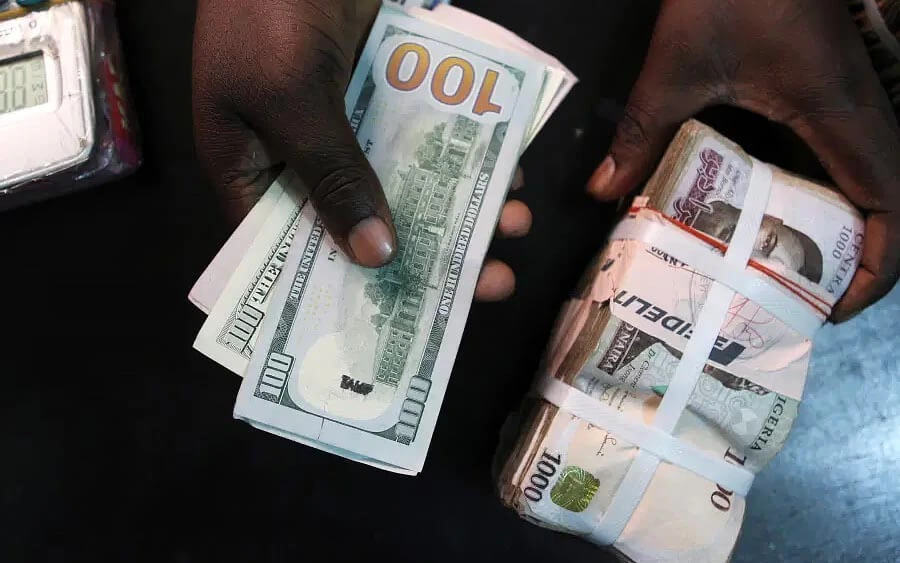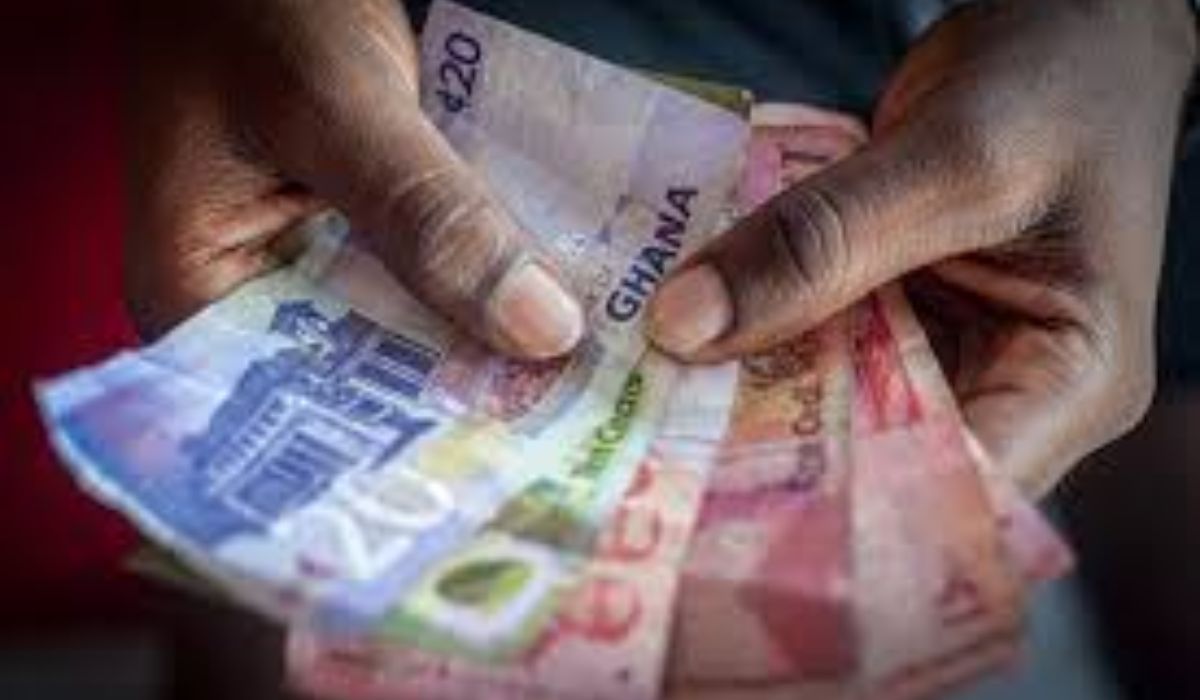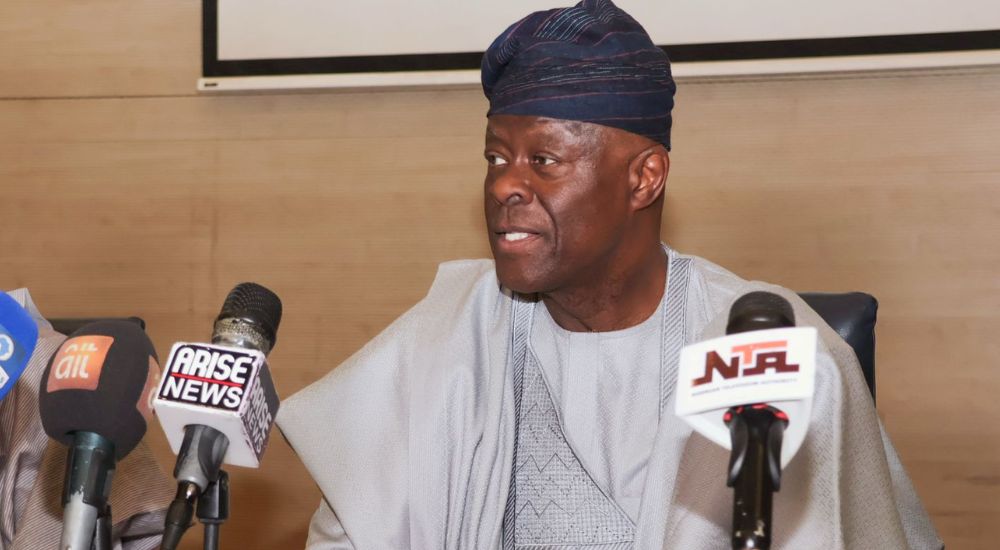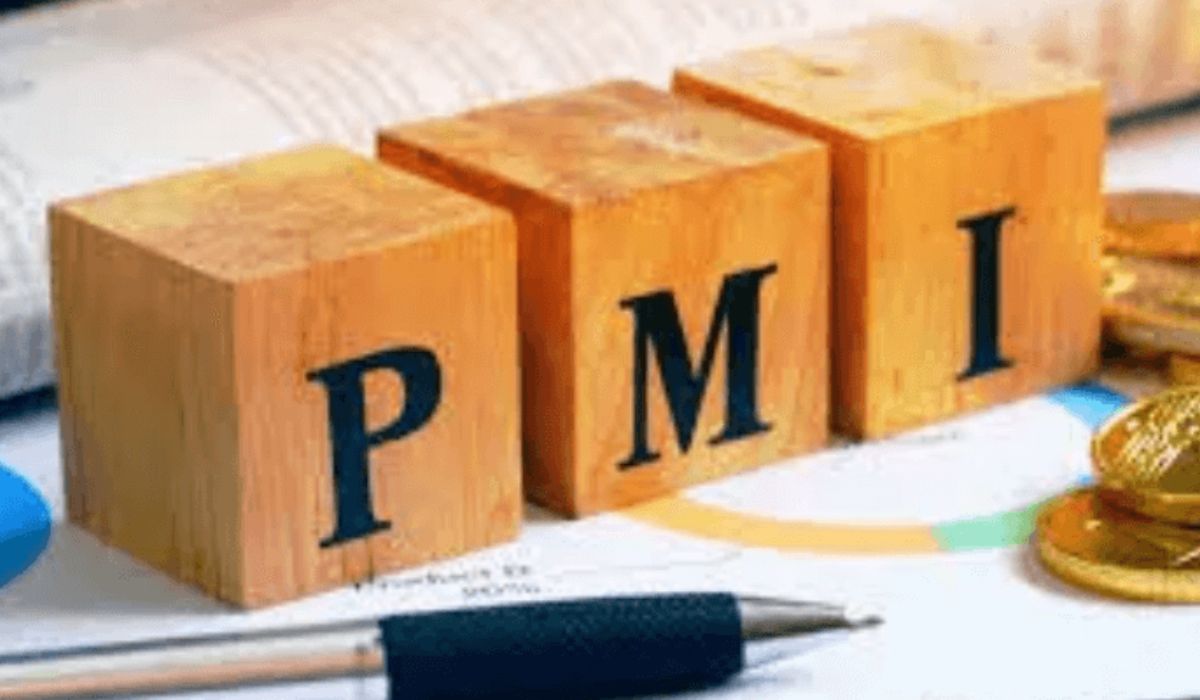CBN Defends Naira With $1.5bn In Five Weeks, Says JP Morgan

Global financial services firm, JP Morgan Chase, on Thursday, warned that the substantial decline in oil prices below its break-even of $60 per barrel, will push Nigeria’s current account balance into deficit, if sustained for a few months.
In its report, titled, “Frontier Local Market Strategy: Reducing Risk Further,” JP Morgan said, “Under such a scenario, we had previously estimated that USD/NGN could move above 1700 and, as such, close our trade.”
The investment banker’s cautious assessment came amid a major economic comeback, as Nigeria recorded a Balance of Payments (BOP) surplus of $6.83 billion in 2024, marking a decisive turnaround from deficits of $3.34 billion in 2023 and $3.32 billion in 2022.
JP Morgan, in its assessment, stated that although the Nigeria carry trade had been “one of our highest conviction trades in frontier local markets over the past year, we close our newest iteration of the trade at a loss as the global backdrop has changed since the US administration imposed global trade tariffs last week and expectations of a global recession increased”.
JP Morgan said the reaction of Central Bank of Nigeria (CBN) over the past week had been somewhat proactive.
The report acknowledged that the apex bank increased its dollar sales interventions in order to avoid convertibility risks and limit a disorderly move higher, given the FX markets significant dependence on CBN flows.
The report stated, “When compared to its peers as well as more liquid markets, NGN’s -3.6 per cent move against USD over the past week has been reasonable, in our view (it’s been as much as 6.5 per cent weaker at some points).
“More importantly, as expected, given the FX markets significant dependence on CBN flows, the central bank has had to increase its dollar sales interventions in order to avoid convertibility risks and limit a disorderly move higher.
“The central bank has sold around $550 million to the market over the last week (vs$1.0 billion for the whole of March), a trend which we expect will continue as we think foreign portfolio outflows are likely to accelerate from here (we estimate FPI holdings still amount to at least $10 billion), although a substantial part of these may be private placements which may not be unwound on the interbank market).”
The renowned investment banker also stated that Liquidity of T- and OMO-bills had been lower than FX.
It said while the FX market had functioned better than many expected, the domestic rates market had struggled to absorb supply of foreign-held short-dated securities. It said this had possibly resulted in lower FX demand, while rates had backed up by around 300bps since the start of April.
JP Morgan said, “Given our expectations of increased foreign outflows, the central bank may need to facilitate the better functioning of the market, either by enforcing primary dealer requirements to provide 2-way quotes, or stepping in itself as the buyer of last resort.
“For now, we expect rates to continue moving higher, above 30 per cent in yield terms, as higher premiums are needed for such low oil prices.
“We remain constructive Nigeria in the medium term. As we wrote last week before the tariff carnage, we believe Nigeria will stay the course on its reform journey, especially after implementing the more politically difficult measures of eliminating fuel subsidies and allowing the exchange rate depreciate as well as become more flexible over the last 18 months.
“We think the changes at the state oil changes a company, NNPC, would bear fruit in the medium term, as oil proceeds should now flow more freely into the fiscal accounts, via the central bank.”
CBN Defends Naira With $1.5bn In Five Weeks, Says JP Morgan is first published on The Whistler Newspaper





